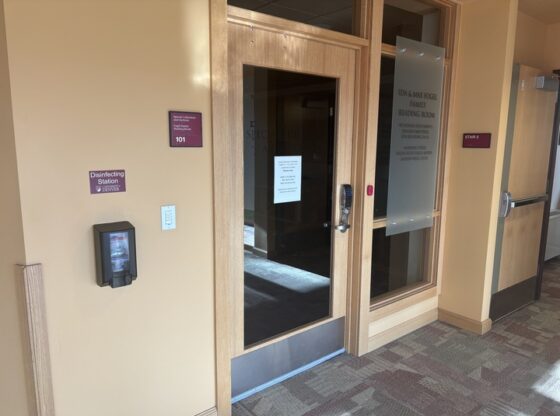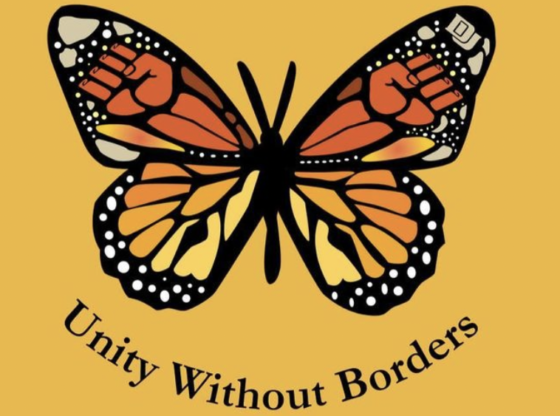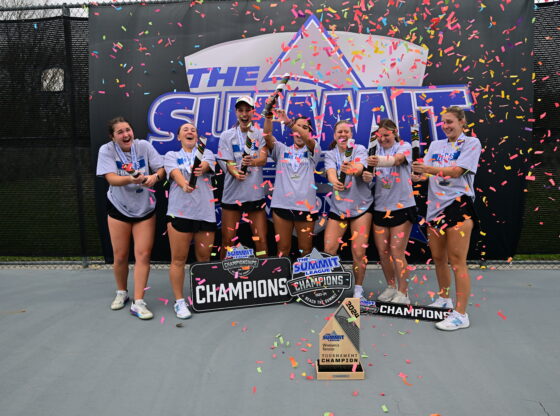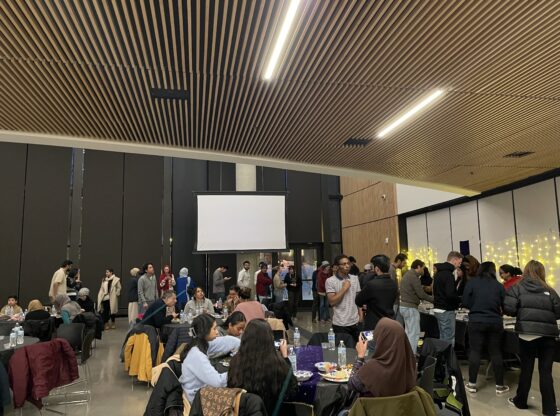In 2020, a group of DU students started the Do Better campaign with a mission to “eradicate gender-based violence on college campuses and support survivors in their healing.” The campaign has since become a national nonprofit that works with schools across the country to address sexual violence and gender equity in education. The DU chapter continues to advocate for survivors of gender-based violence and to encourage the school to create a safe environment for all students.
Meghan Smith, a third-year psychology major, joined Do Better DU in her first year because she has a passion for supporting survivors of gender and identity-based violence. Initially, the club was called Collegiate Council of Gender Violence Topics (CCGVT), but it was not a well-known organization at the time. When three students organized a silent protest in January of 2020, the club began to gain traction and changed its name to Do Better DU.
The club prioritizes supporting survivors of gender-based violence, so they created a space for survivors to tell their stories. “They turned the Instagram account into a platform for survivors to be able to share anonymous stories that related to our experiences with gender-based violence on our campus,” said Smith. The national Instagram account has more than 4,500 followers, where posts consist mostly of survivors’ stories from college campuses across the nation.
Senior Grace Wankelman, who is studying international studies and political science, was one of the students who organized the 2020 protest, helping to shape the club into what it is today. “We organized it to be silent so that it could symbolize the silent burden that so many survivors carry, whether it’s going to class, work or just living everyday life,” said Wankelman. “There are so many people who have experienced these things and even though it’s such a loud aspect of their life, they kind of have to push it to the side in order to cope,” she added.
The students created a list of changes they hoped to see on DU’s campus over the coming years. These demands state that the school should provide a “confidential resource for survivors and accommodate the academic and social needs of survivors.” Additionally, they demand that perpetrators be held accountable because “no student should fear their peers or neighbors because of the harm they have inflicted.”
In response to these demands, the DU administration released an action plan to minimize on-campus violence on March 5, 2020. “As we implement these steps, I want to ensure that the result is a campus environment focused on creating, maintaining and enforcing a culture of safety and respect,” Chancellor Jeremy Haefner said in a letter to students involved in Do Better DU.
Included in these steps were: required education about sexual violence for undergraduate students, faculty and staff, more advanced training for Campus Safety officers on gender-based violence and updated procedures for dealing with such instances.
Wankelman believes the club has had an overall positive impact on the DU community, but there is still a long way to go. Thirteen percent of all college students, including undergraduate and graduate, experience rape or sexual assault—according to a 2020 study. Among undergraduate students, 26.4% of female students experience rape or sexual assault.
In recognition of April as Sexual Assault Awareness Month, Do Better DU plans to hold events on campus. These events include trauma-informed yoga and body map coloring, a consent fair and “Take Back The Night,” which will allow survivors to share their stories. To learn more, visit Do Better DU’s Instagram.
If you or someone you know has been affected by gender-based violence, you can find a list of resources here. To connect with a trained service provider contact the National Sexual Assault Telephone hotline.










